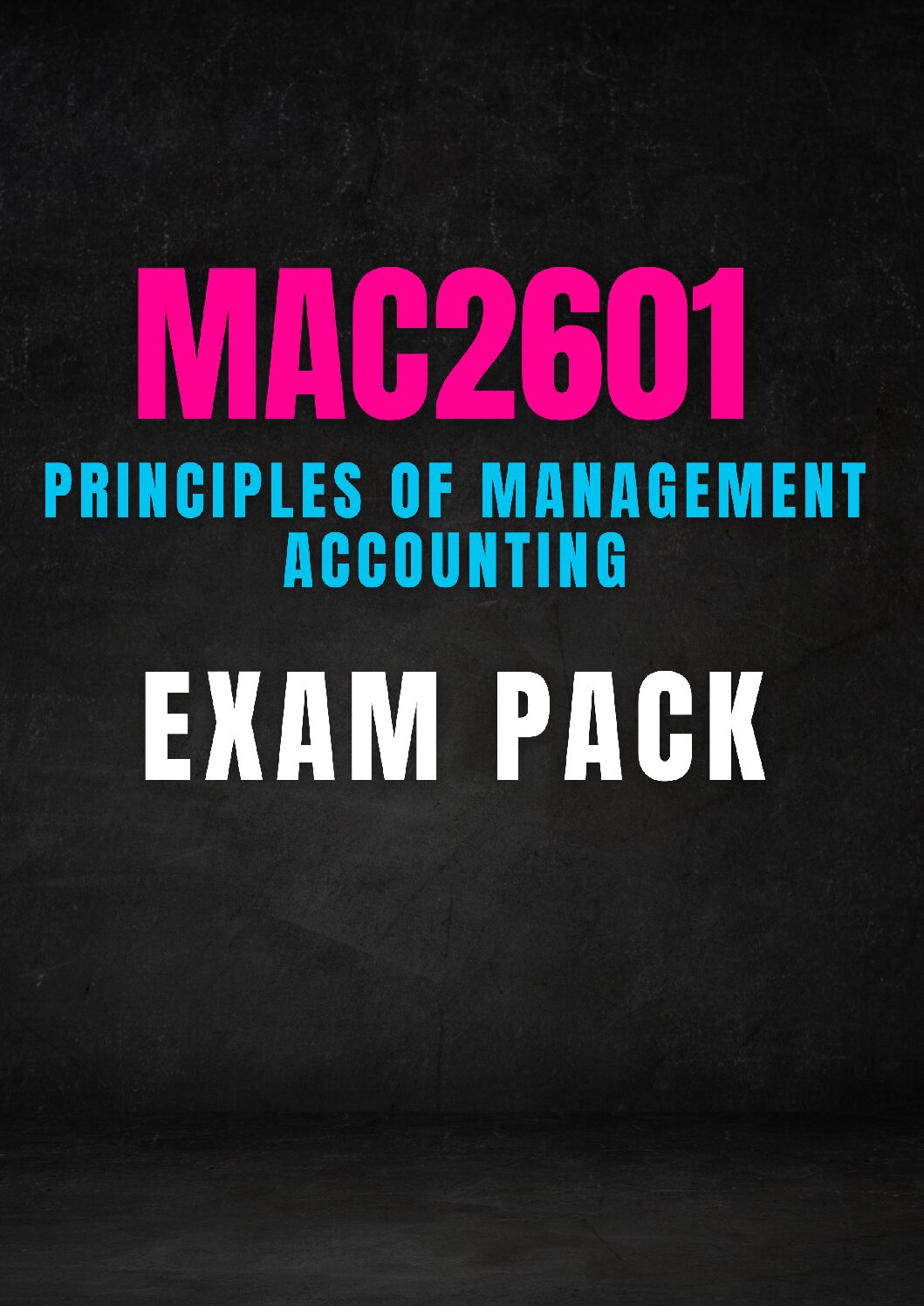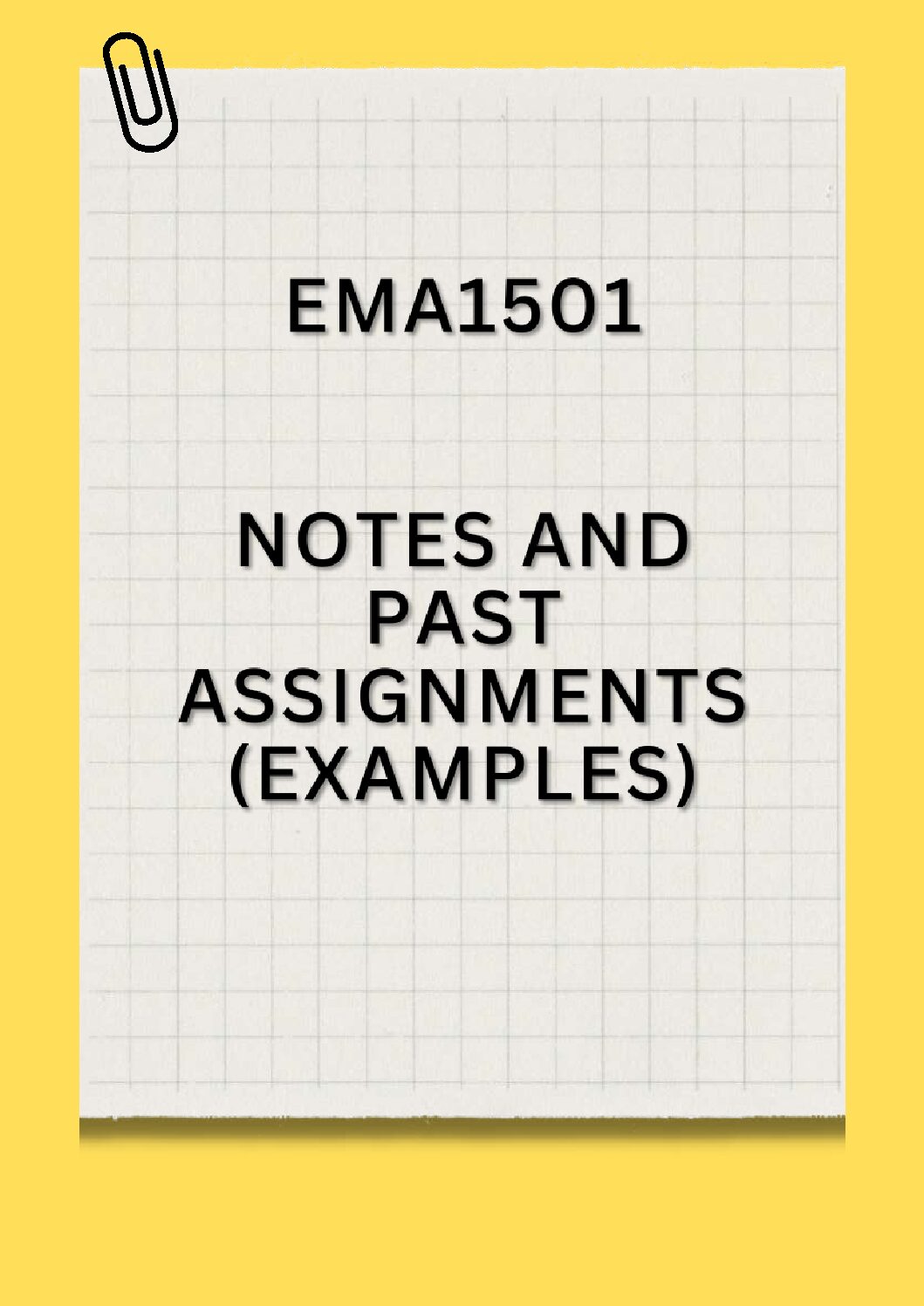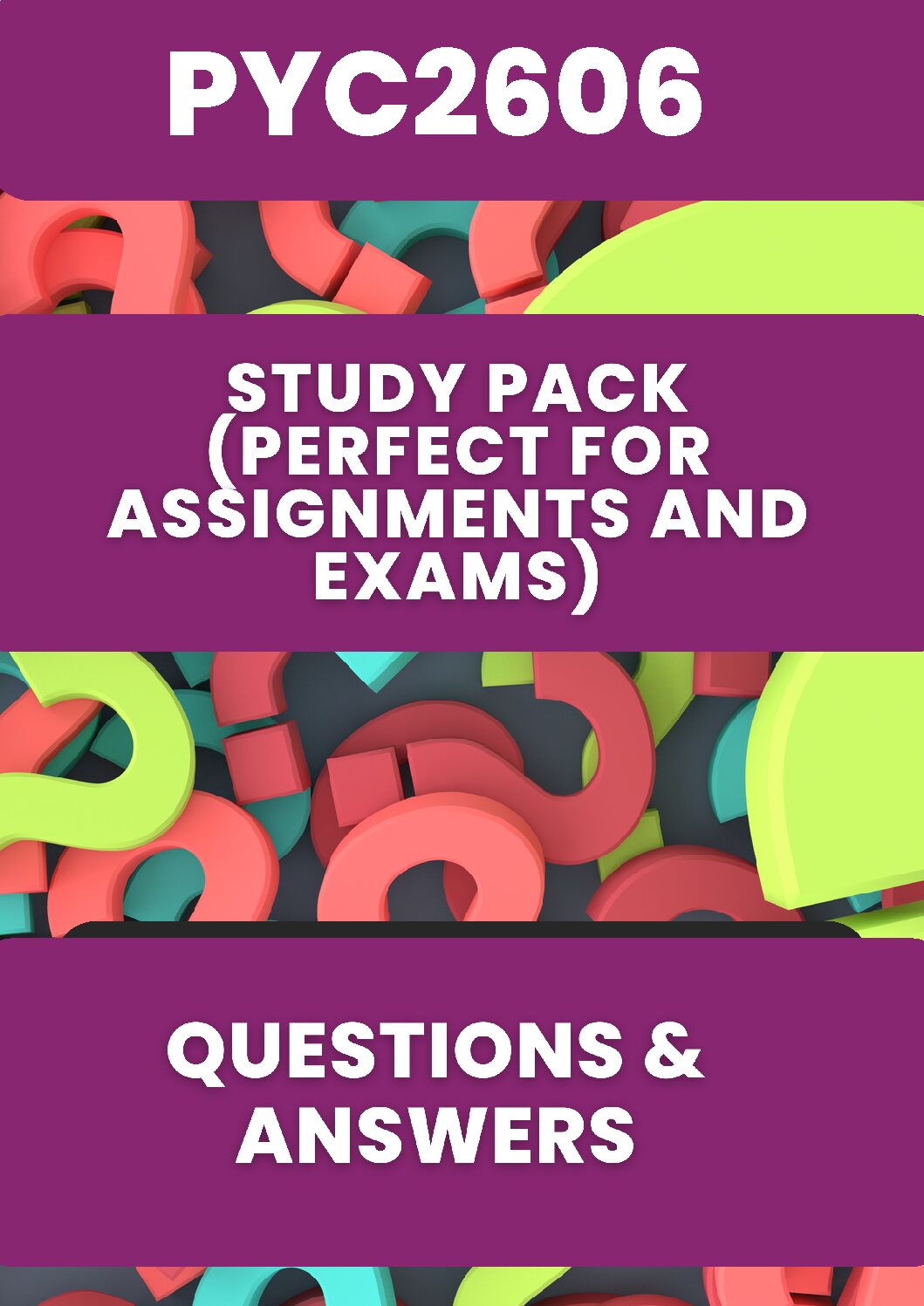Description
This assignment focuses on applying algebraic thinking in the Intermediate Phase mathematics classroom. It begins with an exploration of early algebra concepts, including the pedagogical benefits of introducing generalisation and symbolic reasoning to young learners. Common misconceptions, such as misunderstandings of the equals sign, are identified and addressed using practical teaching strategies.
The assignment then moves into the application of algebra in real-world contexts, involving depreciation, ratio, cost modelling, and pattern recognition. Learners solve and interpret linear equations, inequalities, and quadratic expressions. Graphical representations and step-by-step explanations are used throughout to build a deep conceptual understanding of mathematical operations.
In the final sections, the assignment applies algebraic reasoning to optimise scenarios, such as mixing fertiliser and fencing a garden. Overall, the work demonstrates the role of algebra as a powerful tool for developing logical thinking, problem-solving abilities, and mathematical literacy in the Intermediate Phase.












Reviews
There are no reviews yet.